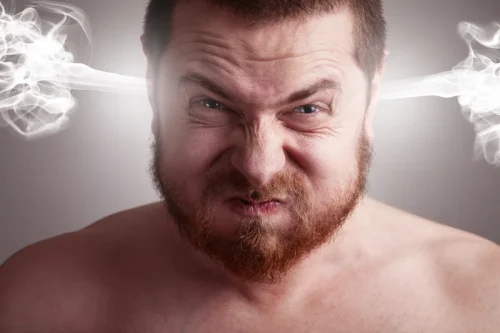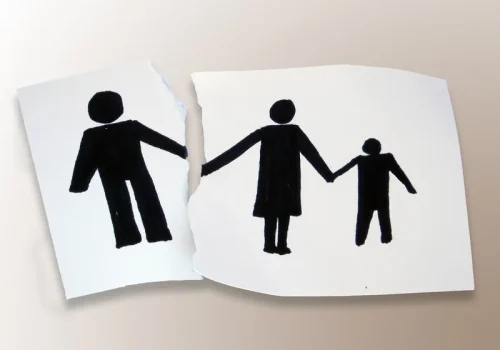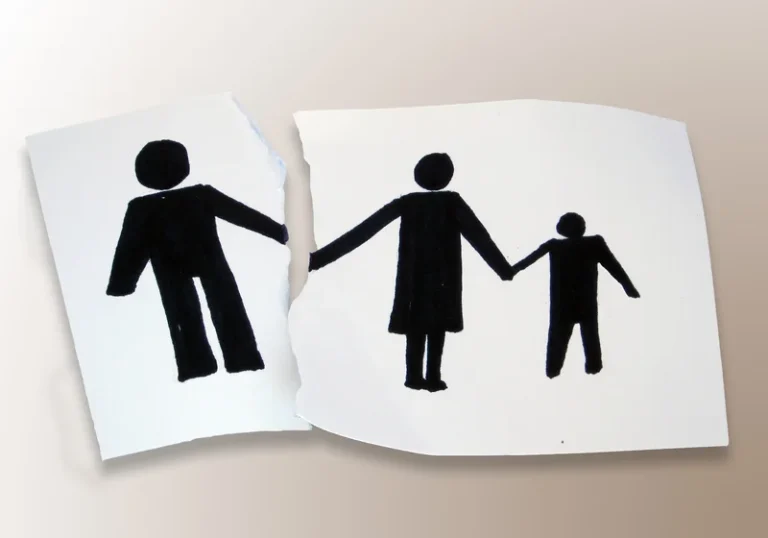
An allergist is a special type of doctor that focuses on allergic conditions. The good news is that alcohol intolerance isn’t too much of a concern. The bad news is that you can’t really do much about it, or that unwelcome nasal congestion that comes along with it, aside from just not drinking alcohol. In some marijuana addiction cases, reactions can be triggered by a true allergy to a grain such as corn, wheat or rye or to another substance in alcoholic beverages.
Myth: Taking painkillers before bed can help you get ahead of hangover symptoms.

The dilation then extends to blood vessels throughout your body, including those in your nose. While alcohol can help you fall asleep faster, it has a negative effect on sleep quality and duration. This is why people who drink alcohol at bedtime (especially in excess) may fall asleep quickly, but they are also more likely to experience fatigue and insomnia in the long run.

Beer before liquor? Busting 6 popular myths about hangovers
The best way to manage a beer sensitivity or allergy is to avoid drinking beer or choose beers that do not have the ingredient (like gluten) that are causing your symptoms. In particular, many people with alcohol intolerance wonder how to prevent the alcohol flush reaction, because they consider it embarrassing or unattractive. Some people take Pepcid to reduce their flush reaction and manage other symptoms of alcohol intolerance, but this approach is not recommended. Sulfites are preservatives, and most countries permit their addition to alcoholic drinks such as beer and wine. However, some people may experience allergy-like reactions after consumption.
Health Conditions

Your symptoms can also be due to an interaction between beer or alcohol and any medication you’re taking. Be sure to tell your doctor if you’re taking any medications or supplements. If you might have an intolerance instead of an allergy, you could see a gastroenterologist, a healthcare provider specializing in digestive issues. If they are not sure what is causing your symptoms, they might want you to see an allergist, a sneezing while drinking alcohol healthcare provider that specializes in allergies and asthma. Blood tests look for antibodies to specific allergens in your blood. A large number of antibodies may signal that you have an allergy.
People with an alcohol allergy should exercise caution when eating or drinking anything that they have not prepared themselves. A genuine alcohol allergy is very specific and rather rare. When you combine alcohol with drugs containing acetaminophen, like Tylenol, you run the risk of liver damage, according to the NIAAA. Ingesting too much of one or both substances can be toxic to the liver. For that reason, the Food and Drug Administration advises against drinking when taking any medicine that includes acetaminophen. A hangover can be a mild form of alcohol withdrawal, according to the NIAAA.
- Scientists will go a long way out of their way for a funny acronym.
- If you find out that you’re allergic to one ingredient, you might still be able to enjoy beer.
- An allergist is a special type of doctor that focuses on allergic conditions.
- But in rare cases, they become painful after alcohol consumption.

You might also react to certain alcoholic beverages if you have a histamine or sulfites intolerance. In very rare cases, reactions to alcohol may be a sign of Hodgkin’s lymphoma. For instance, beer and wine contain high levels of histamine, which can also contribute to a runny nose or nasal congestion. Or, maybe you’re sensitive to sulfites or other chemicals in alcoholic beverages, resulting in nausea or headaches. A severe allergic reaction can be life-threatening and is an emergency. If you have these symptoms after drinking beer, call 911 or go to the nearest ER.
Alcohol Flush Reaction
You’ll also experience symptoms when you eat other food products containing that allergen. The ALDH2 deficiency that causes alcohol intolerance is a genetic mutation. It can be passed down through generations, even if it doesn’t appear to affect your parents or grandparents. This enzyme deficiency is most common in people of East Asian descent. Occasionally, a doctor may ask a person to consume alcohol in a medical setting and observe any reactions or symptoms.
An allergy or intolerance to alcohol is not always responsible for symptoms occurring after drinking alcohol. If people experience symptoms after drinking alcohol, they should speak with a doctor for further advice. Symptoms are more likely to be a reaction to the ingredients in a drink, or the alcohol causing other types of allergies to worsen. For example, alcohol may exacerbate preexisting asthma conditions. If someone has a true allergy to alcohol, they should avoid the substance entirely.
